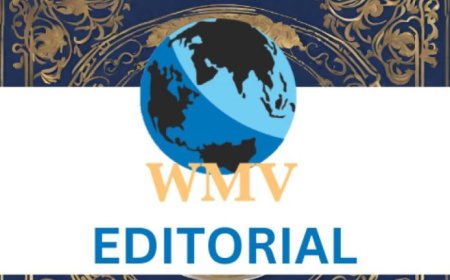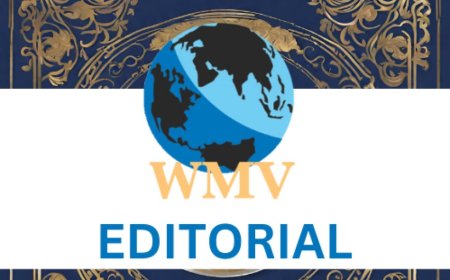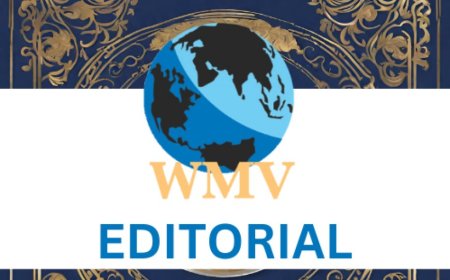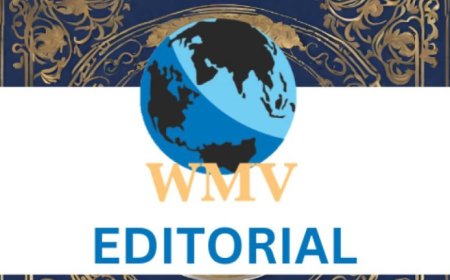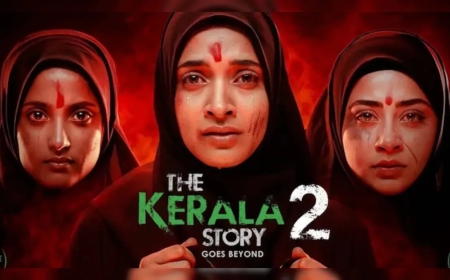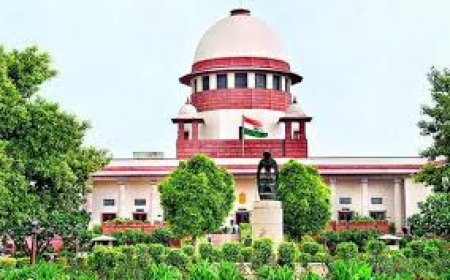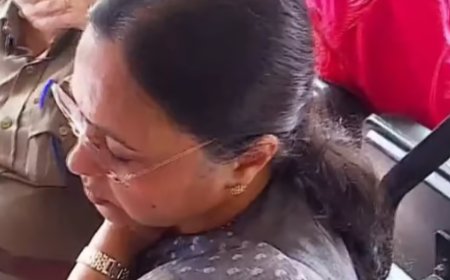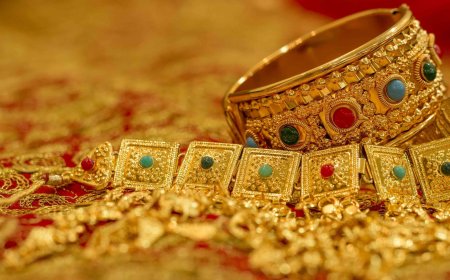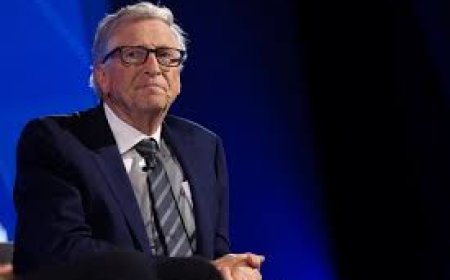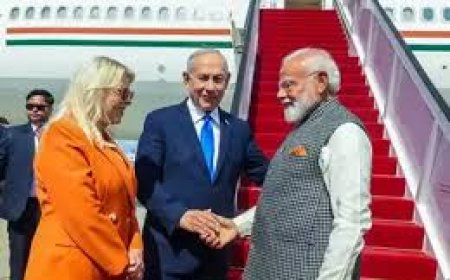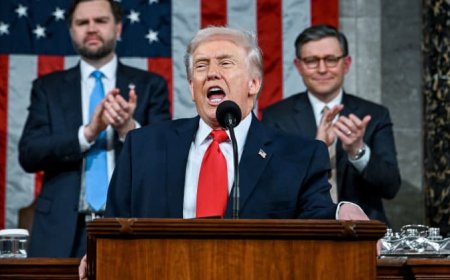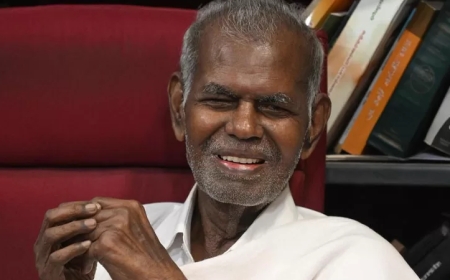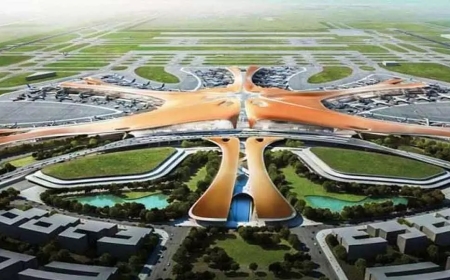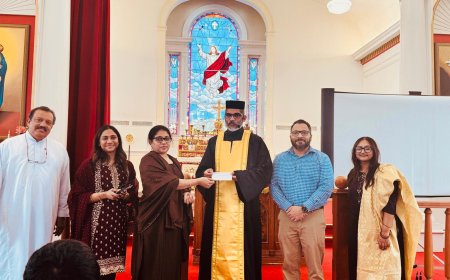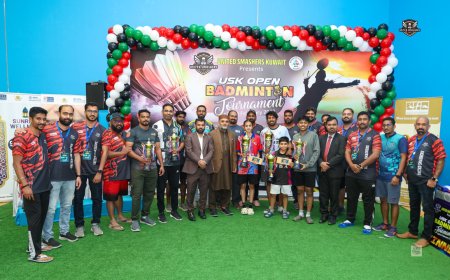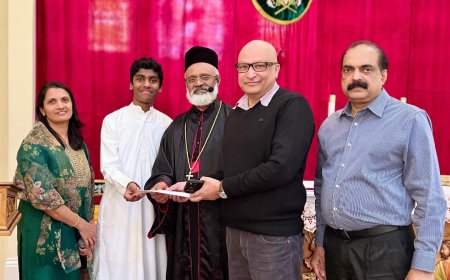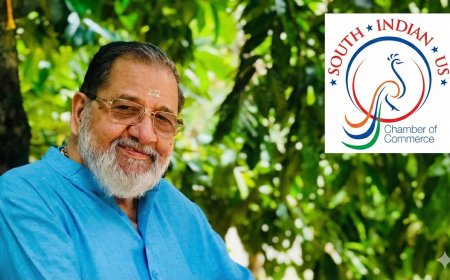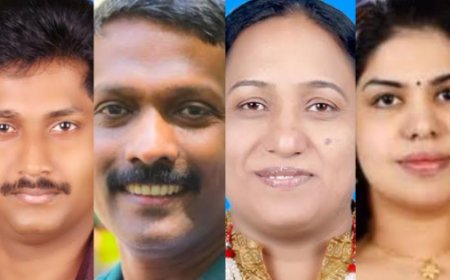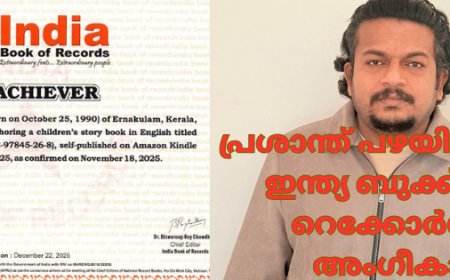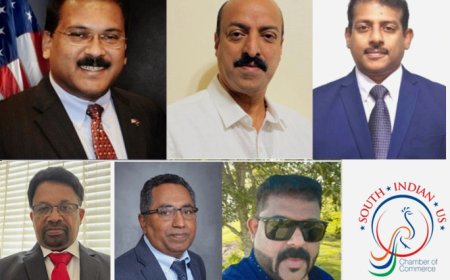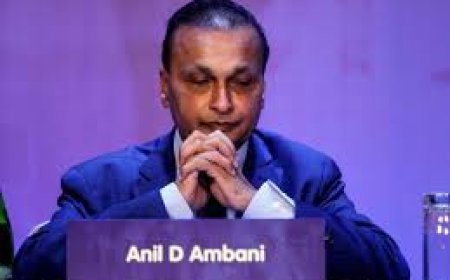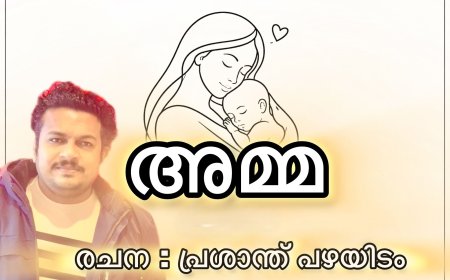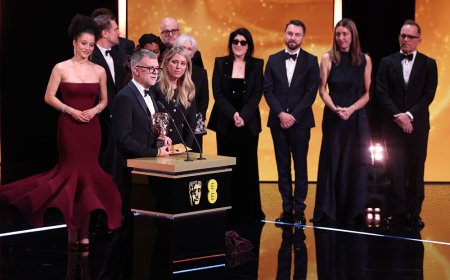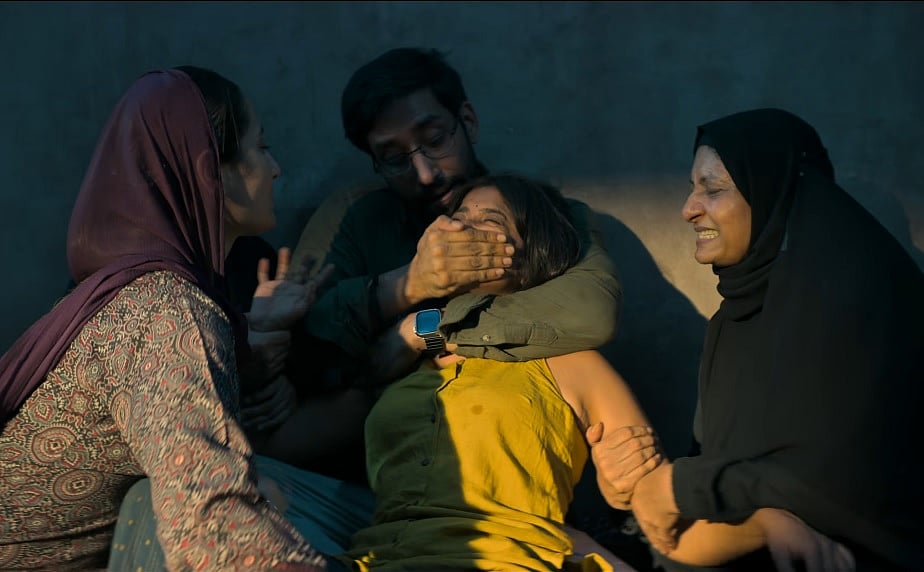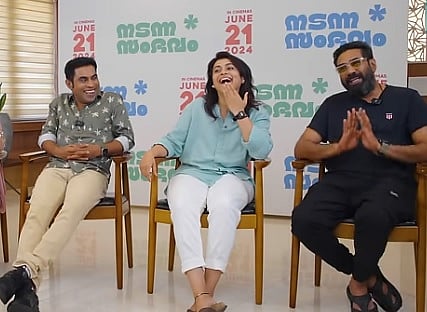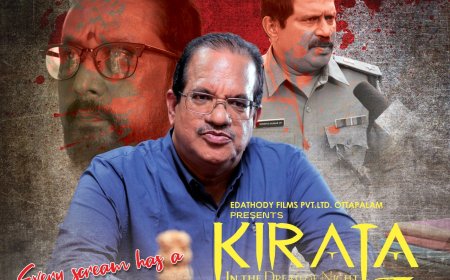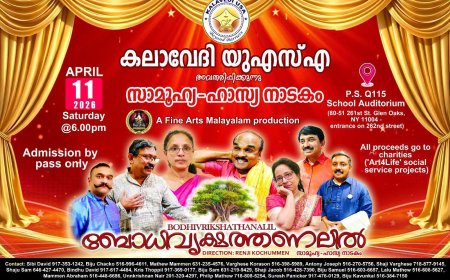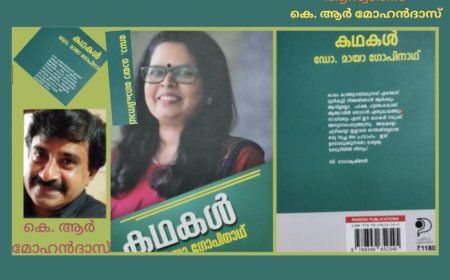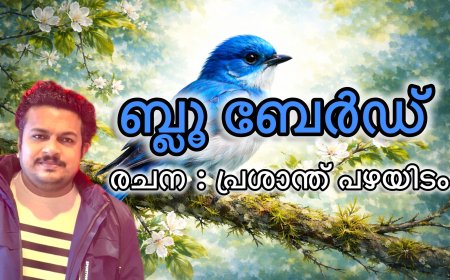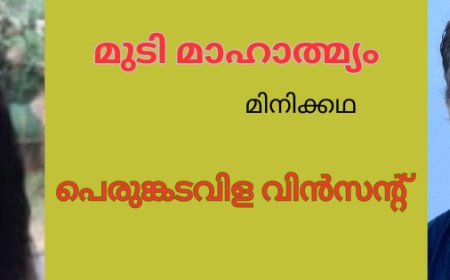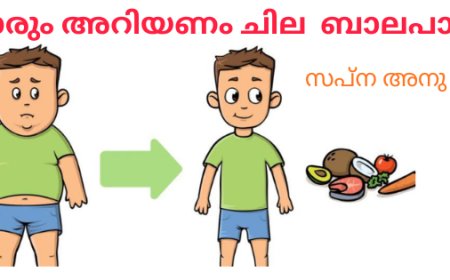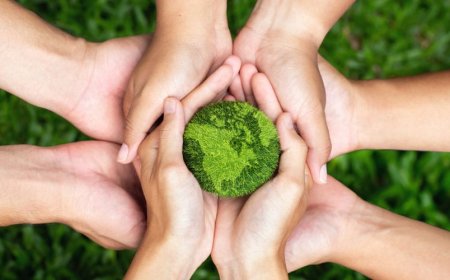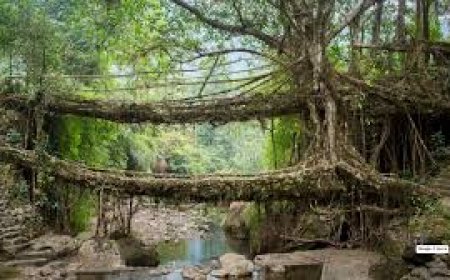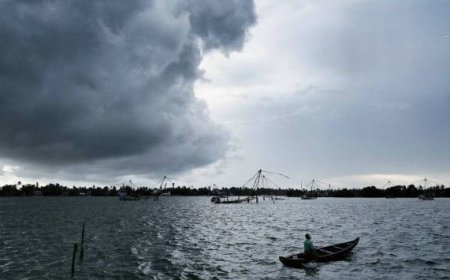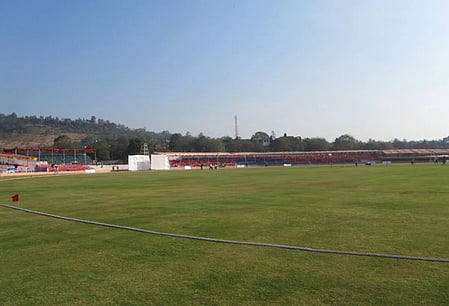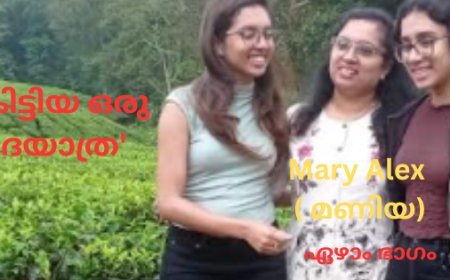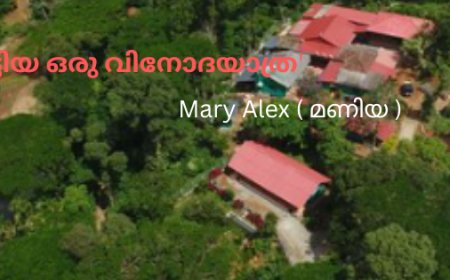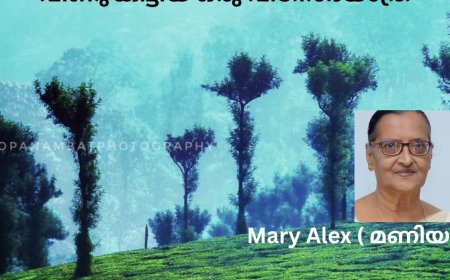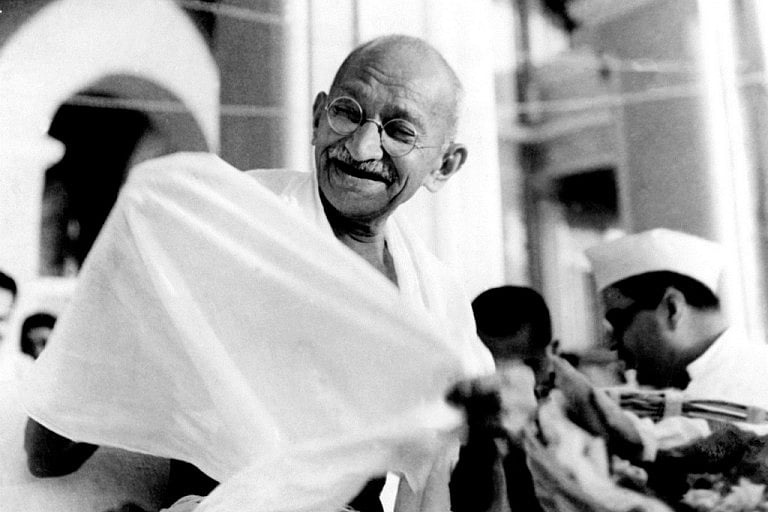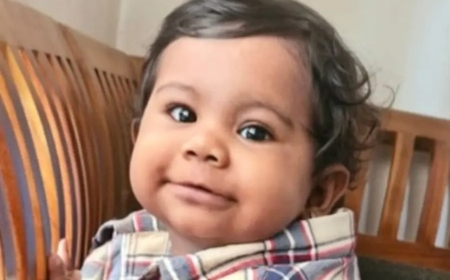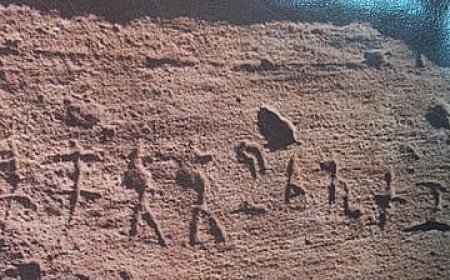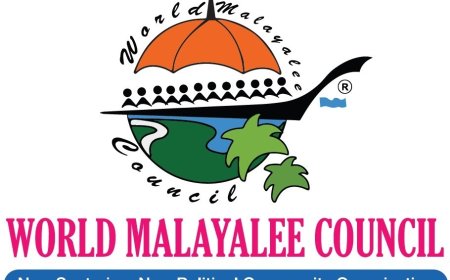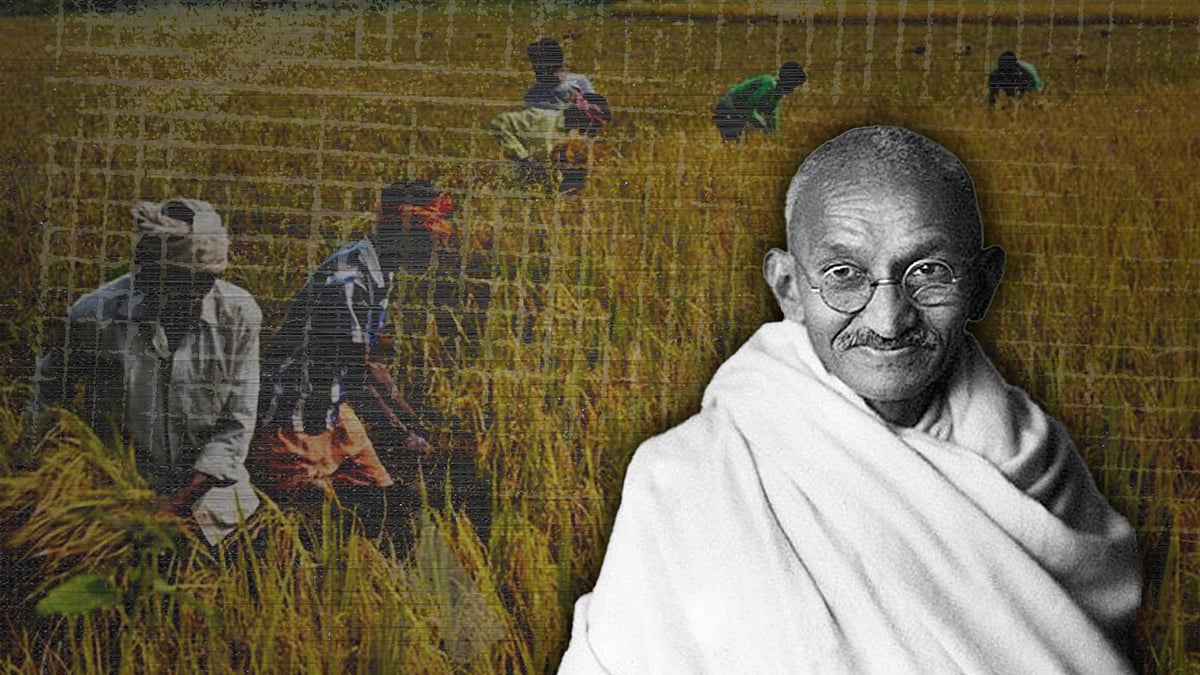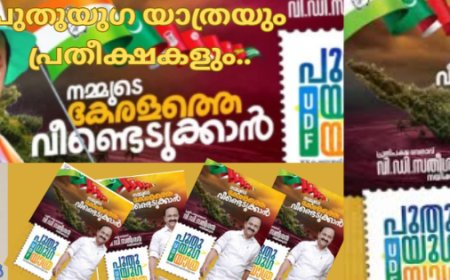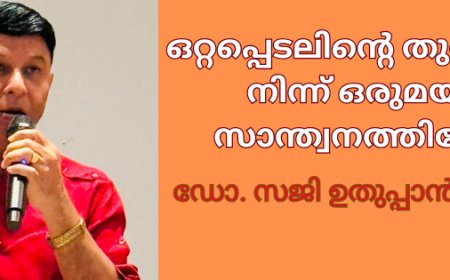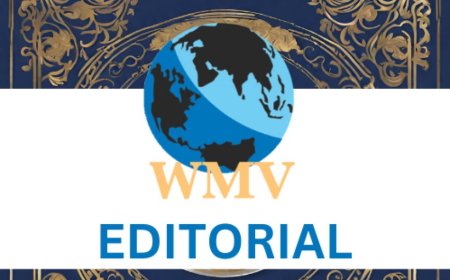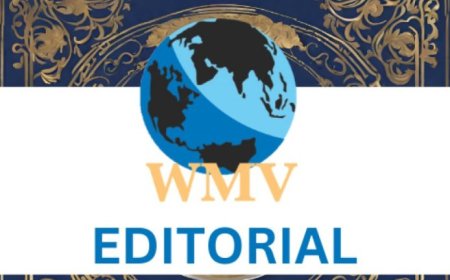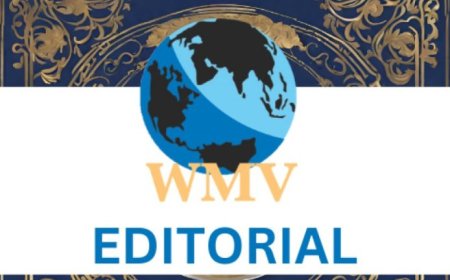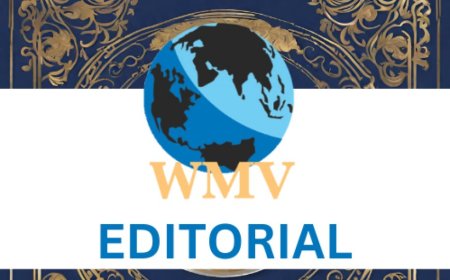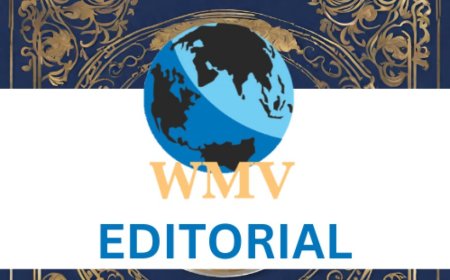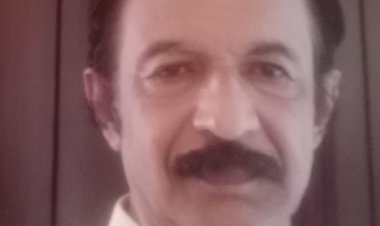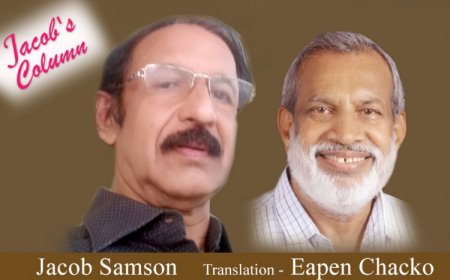The Trust
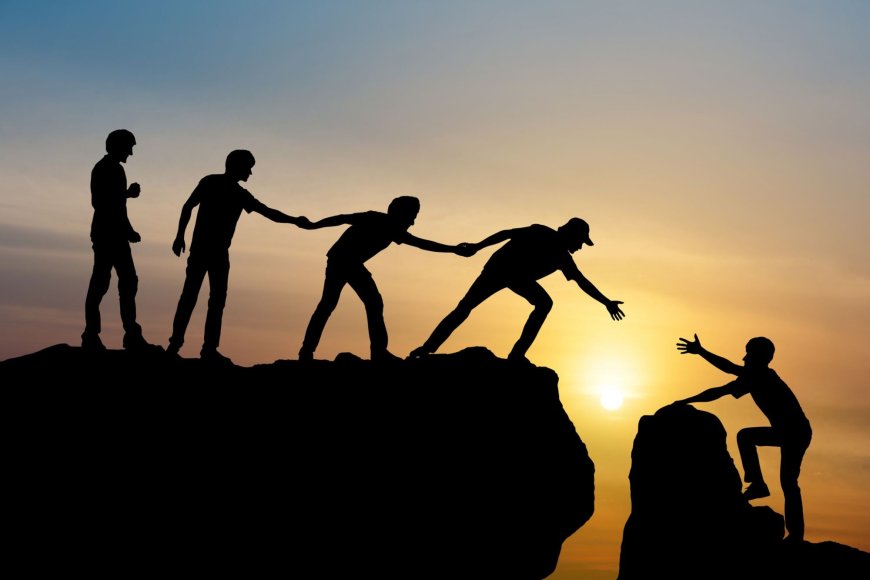
By Rev Dr K M George
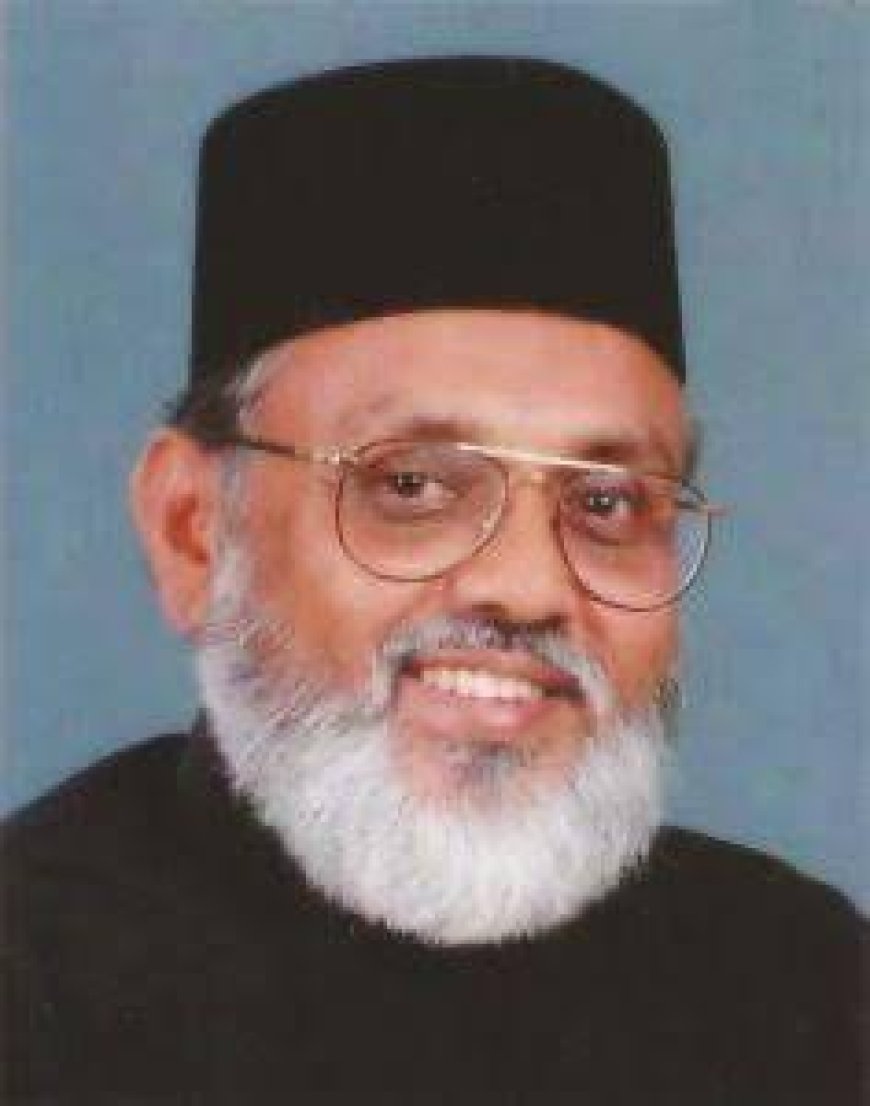
THE hairdresser and his client could be total strangers to each other. They couldn’t be speaking the same language or following the same religion. Nor could they be sharing the same nationality or region of the world. Yet they can trust each other perfectly well.
In a barber shop, the client is bundled up, and placed on a chair. This arrangement disables the movement of his hands and body, and he is defenceless. The hairdresser is wielding two of the sharpest of all tools - the scissors and the knife. (The sharpness of the knife and the skill of the barber were such that in medieval Europe, before the rise of modern medicine, surgeons were barbers who did surgical operations on patients).
In the barber shop the client trusts a total stranger holding a dangerous weapon just behind his neck. We, however, never hear of any untoward incident in barber shops. Instead, everywhere in the world it is a place of mutual trust and bonhomie.
“Trust building” is an expression that we often come across in diplomatic negotiations for the resolution of conflicts and the ending of war. But in everyday life, we go through a series of “trust” deals. For example, you order a samosa or a sandwich, and you eat it whole without bothering to tear it open and see for yourself what is inside. You are offered a clean glass of juice or water, and you drink it without suspicion of any sort.
But not everybody is so trustful. Even many political leaders elected by the people seem to mistrust the same people once they are in power.
Trusting is certainly taking risks.
Still, we need to acknowledge that trusting with intelligence and trustworthiness with discernment is an essential value in human social life despite all chances of us being cheated, exploited and even killed.
This applies at the level of personal friendships, familial relations between husband and wife, parents and children, and national and international relationship networks.
This is true not only between humans but also between humans and “wild” animals. They are afraid of us and attack us because we humans first started encroaching on their home territory, depriving them of their natural habitats, and killing them for our pleasure or profit.
Recognizing this fact might help us resolve the vicious circle of human beings versus wild animals and arrive at some measure of mutual trust between human and nonhuman life.
A truly human civilization can be built only on mutual trust. There is no alternative.
